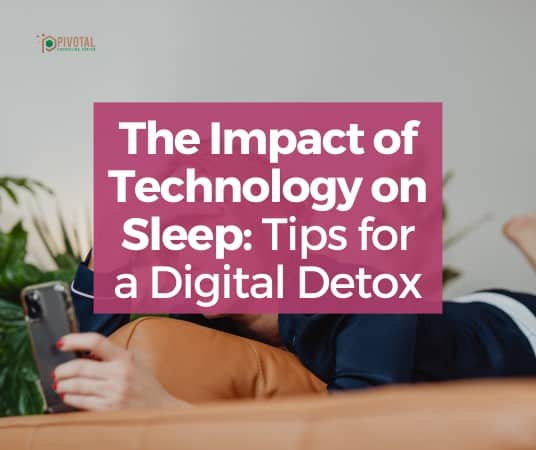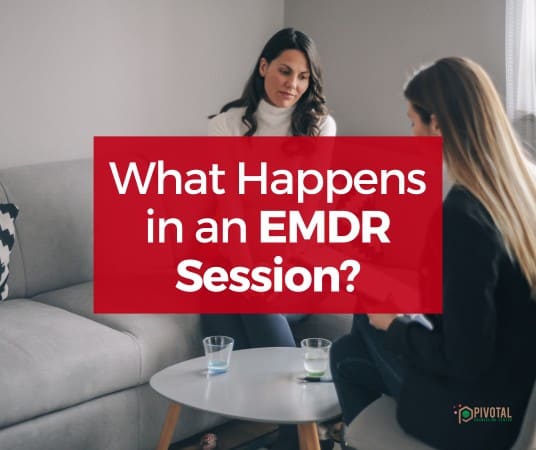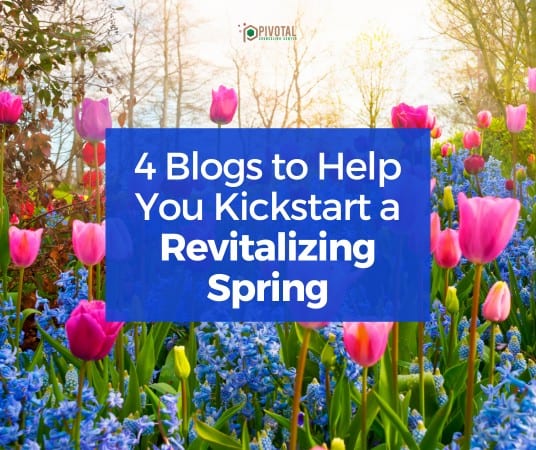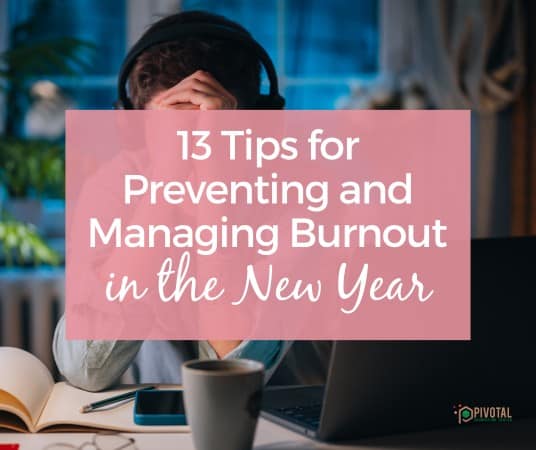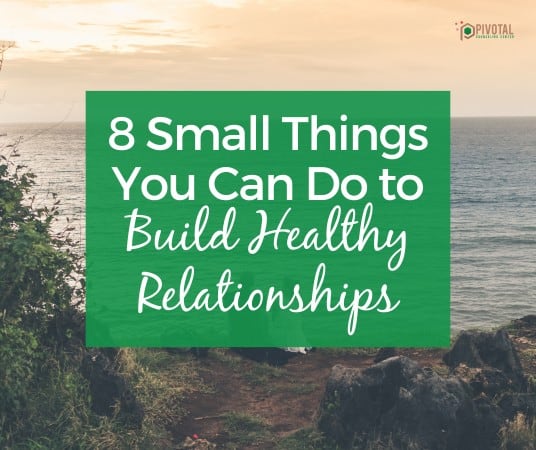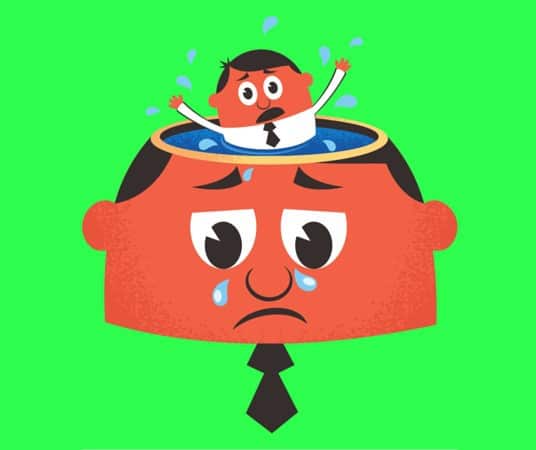
Co-occurring (formally called dual-diagnosis) means that you are struggling with a mental health problem and an addiction problem. It is important to understand this because it changes the way we approach treatment.
Many people feel like they only want to work on one thing at a time. For instance, people say they want to get their anxiety under control before they give up marijuana. They might be thinking marijuana is the only thing that helps reduce their anxiety, and without that, they would not be able to cope. Other people have said that once their depression is better controlled, they will stop taking extra pain pills because they can’t bear the thought of adding pain on top of their depression.
Many people use drugs and alcohol to alleviate the symptoms of anxiety, depression or other mental health problems. Eventually the use of drugs and alcohol becomes an additional destructive problem. Waiting to treat one problem while you focus on another seems less stressful, but you are NOT going to get better this way. You are going to have some ups and downs, but it WILL be worth it. Next, let’s work through a real-world scenario.
Jolene’s Story
Meet Jolene: She struggles with anxiety in social situations and has had a few panic attacks (sweating, heavy breathing, feeling faint, feeling like you are having a heart attack, thinking you might die). Recently, this has made her isolate herself because she is afraid she will have a panic attack in public and will be embarrassed. She has stopped going out with friends and struggles to get through the workday. When she gets home she is exhausted and just wants to relax, so she drinks. Jolene started to drink a glass of wine each night to help her relax. One night she drank two, then three until she began to drink a whole bottle every night. Going to family events is stressful on the weekends so she either stays home, or if she goes, drinks before she leaves to calm her nerves. Her family is starting to worry about her drinking.
Here’s the deal. Jolene has started down a path where she is using a substance to deal with a mental health problem. Drinking a bottle of wine daily means she is physically and psychologically dependent on a chemical, in this case alcohol. Jolene would meet criteria for an anxiety disorder and an alcohol use disorder, more commonly referred to as being an alcoholic.
Many people start using substances like alcohol or prescription medications because of mental health issues. Sometimes it is hard to see it as a problem because it feels like a justified way to cope with a mental health issue. While many people have a drink at the end of a work day to relax, the difference between them and Jolene is that she NEEDS that drink and feels she can’t function very well without it.
Because mental health issues and substance abuse problems are often interrelated and not separate problems, you need to address them at the same time. Using drugs or alcohol to help relieve mental health problems can have the side effect of making your mental health problems worse in the long run. This can lead you to use more drugs or alcohol to continue to attempt to solve your problem, which can quickly take someone down the terrible path of addiction.
What does the research say about Co-occurring Disorders?
SAMHSA (Substance Abuse and Mental Health Services Administration) did a national study in 2014 showing that 7.9 million people in the U.S. struggle with a co-occurring disorder. They recommend treating both issues at the same time and to work with a professional or healthcare organization that focuses on co-occurring disorders.
What can you do?
The most important thing you can do is catch it early! Seek help if you notice that you are becoming reliant on a chemical and misusing it. Talk with your doctor, seek out chemical dependency treatment, ask for an assessment, or find a therapist who works with people who struggle with addiction. Find a treatment provider who specializes in co-occurring disorders because some places focus on mental health OR addiction, and not necessarily both. Be an educated consumer and get the help that you need. You can recover and I have seen people overcome this and lead happy, healthy lives that they never thought was possible.
Pivotal Counseling Center has therapists with a variety of specialties. We have locations in Woodstock, Illinois, and Lake in the Hills, Illinois. If you are in need of someone to help, please consider giving us a call at (815) 345-3400.
Pivotal Counseling Center is now accepting Medicaid including Blue Cross Community Medicaid, Meridian Medicaid, and Molina Medicaid for outpatient counseling.

